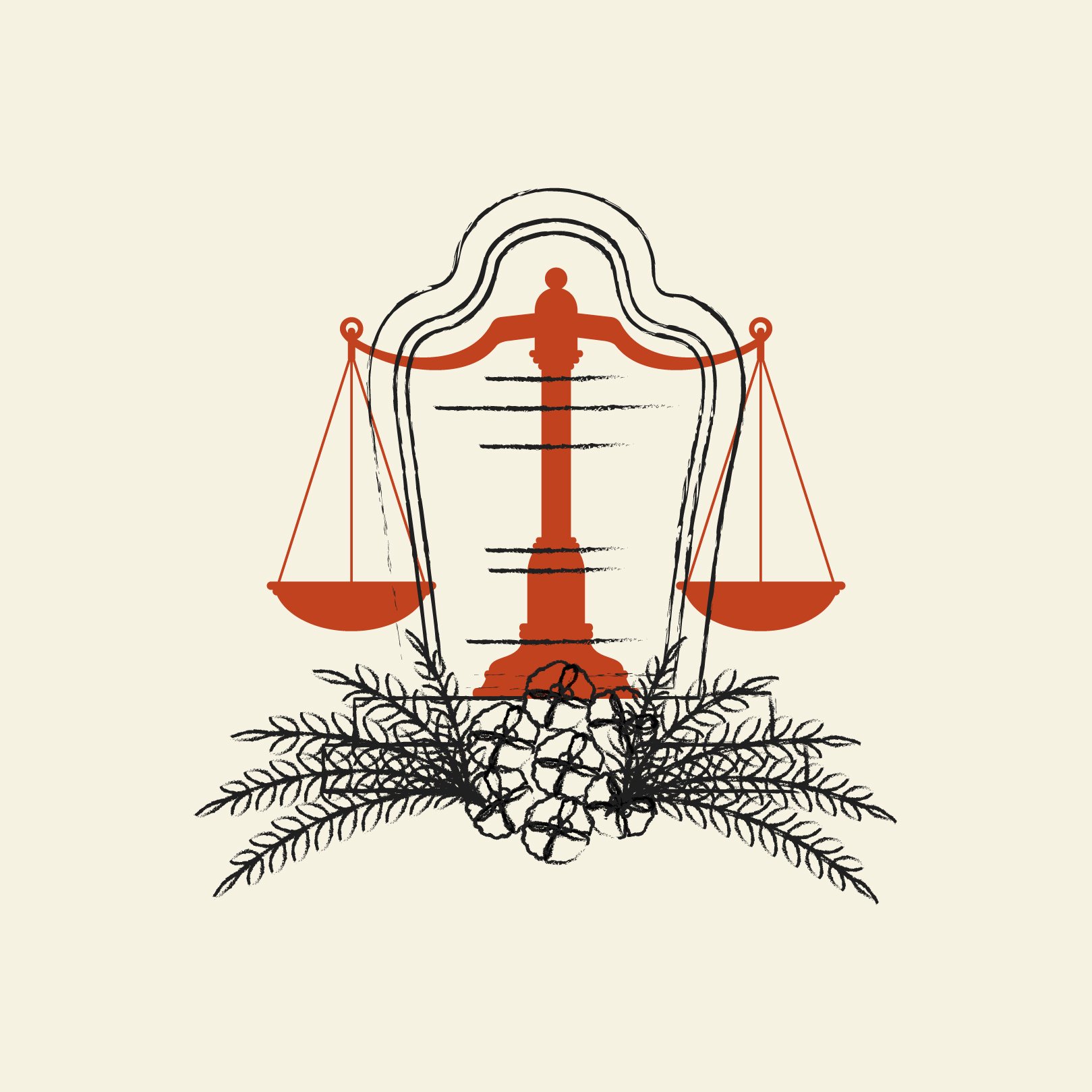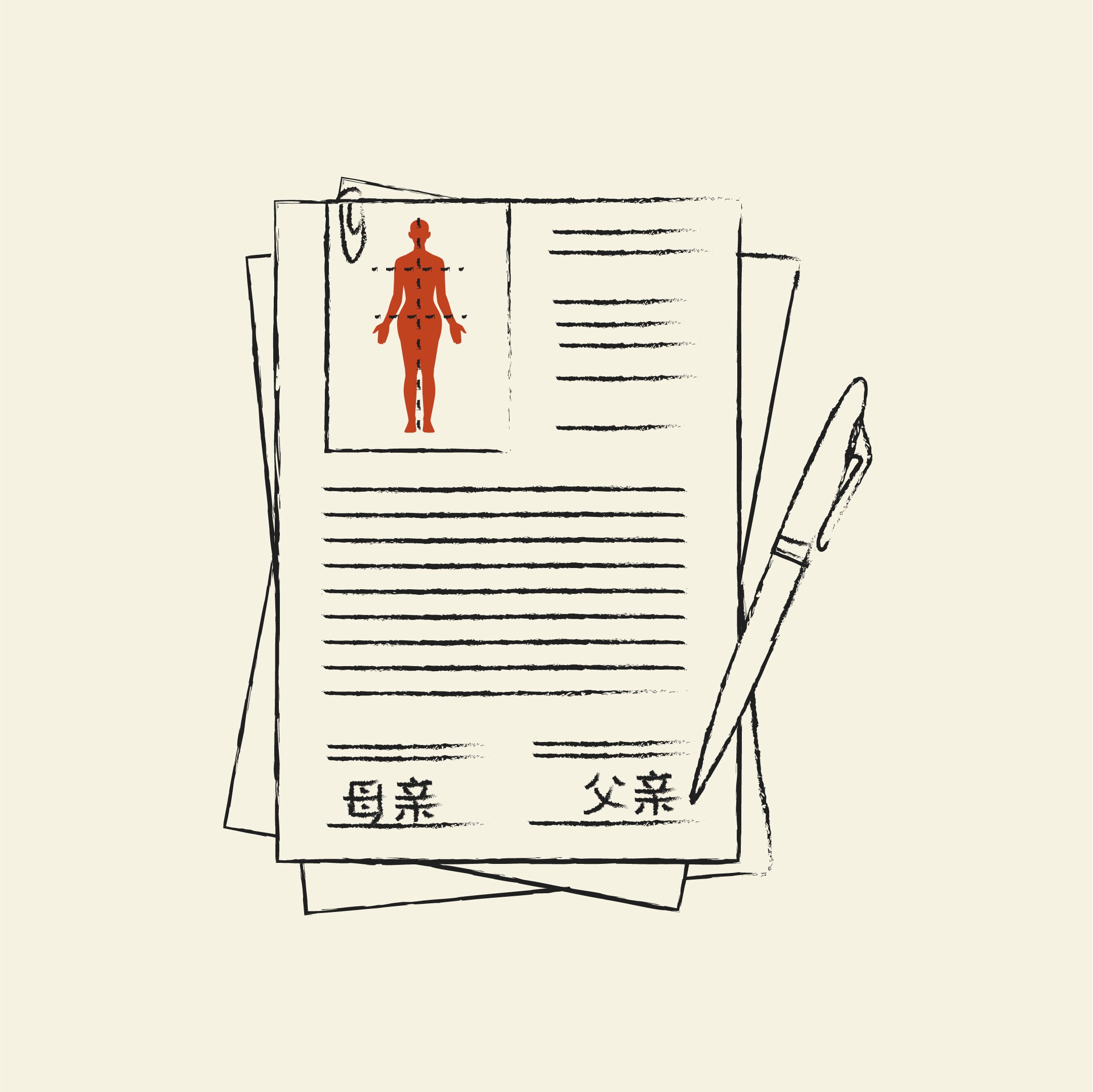Editors’ Note
Issue 24: Bodies
JANUARY 7, 2025
This month’s issue revolves around bodies — how they are controlled, how they disappear or are reclaimed, how they become political.
From China, Lavender Au reports on a government policy that makes gender transitions near impossible for many: to have surgery, a person needs parental consent, no matter their age — or the funds to seek treatment in Thailand.
Ukraine’s surrogacy industry is still going strong, nearly three years into Russia’s full-scale invasion. Lili Rutai investigates why that is, and speaks to the women who choose to participate, despite the risks to their health.
In Uruguay, a pact of silence among the military is blocking investigations to find and exhume more than 160 people who were likely killed during the dictatorship more than 40 years ago, Meredith Jackson reports. The state claims to want to move on, but many families are still waiting for news of what truly happened to their loved ones. Ariel Castro, grandson of a recovered victim of the dictatorship, says: “Sure, we can turn the page. But we must read it first.”
What do we owe the dead? In an essay, Tyler McBrien looks at how international human rights law fails to recognize the rights of the dead. And in a piece translated from Italian for The Dial, Francesca Mastruzzo recounts how she started writing to political prisoners in Russia.
We’re also pleased to bring you new fiction and poetry in translation. A young woman at a legacy publishing house becomes enamored by her older boss in “Andromeda” by Therese Bohman and translated by Marlaine Delargy. Insurgents invade a village on the border between West and East Timor while the men are gathered at the local police station to watch the World Cup in “People from Oetimu” by Felix Nesi. And in a set of poems, Urszula Honek tries to remember someone as they were when they were alive.
— The Editors



